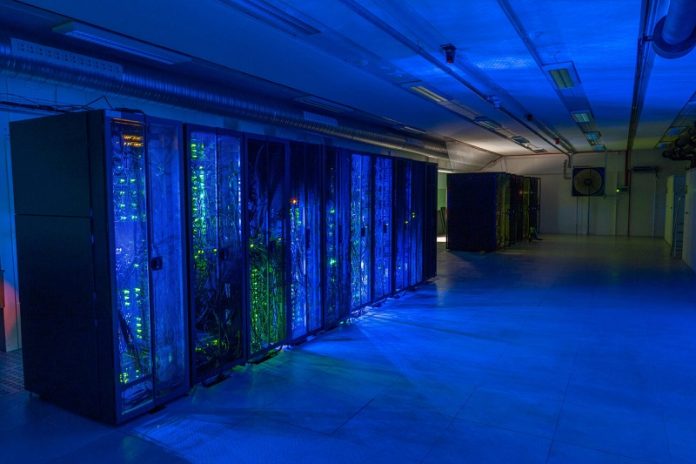
In today’s world, we rely heavily on computers for almost everything.
But did you know that running these computers consumes a lot of energy?
Thankfully, researchers from the Norwegian University of Science and Technology (NTNU) have made a big step towards solving this problem.
They’ve created a super-smart, tiny piece of hardware that could make computers faster, smarter, and use less power.
This new hardware is like a tiny brain for computers. It helps them understand what parts of a program are taking too long or using too much power.
With this knowledge, computer programmers can make their software run faster and more efficiently. Imagine a chef who knows exactly which part of the recipe is taking too long to cook – they can then tweak the recipe for a quicker and better meal!
The NTNU team, including Professor Magnus Jahre, doctoral fellow Björn Gottschall, and Professor Lieven Eeckhout from Ghent University, developed two versions of this hardware: TIP and TEA. They’ve even applied for patents, which means these inventions are unique and protected.
More efficient computing means less energy used. This is crucial for our environment. For example, in Norway alone, there are 18 data centers with about 1 million servers (big, powerful computers).
The researchers estimate that using TIP and TEA could reduce CO2 emissions by about 63,000 tons. That’s a big deal for our planet!
It’s not just about saving energy. This new technology means data centers can do the same work with fewer servers. Fewer servers mean less CO2 emissions from producing and running them. This is especially important in countries like the United States, where data centers use a huge amount of energy.
This isn’t just about saving energy. Faster and more efficient computers can help in many areas. Weather forecasts can be more accurate, medications can be developed faster, and even tools like Chat GPT can provide quicker, better responses.
All the big names in the computer world, like Intel, IBM, and Apple, could benefit from this technology. It’s particularly useful for those who create both hardware and software, like Amazon and Google. They could use TIP and TEA to make their cloud services and server parks much more efficient.
The journey to bring TIP and TEA into our everyday gadgets isn’t a short one. It will take time for companies to adopt this new technology. But the NTNU team is hopeful. In five years, they believe this technology will be widely used, making our computers not only faster but also kinder to our planet.
So, the next time you use your computer, remember that thanks to advancements like TIP and TEA, we’re on our way to a greener, more efficient digital world!


